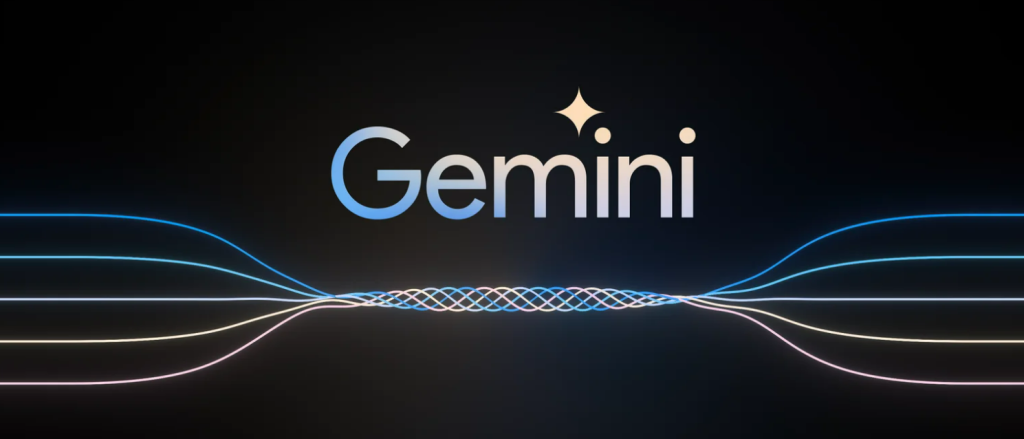Google recently unveiled its new Gemini AI model and touted it as the challenger to OpenAI’s GPT-4. However, the new AI model has met with skepticism following a report by Bloomberg questioning the authenticity of its demo video.

According to Google, the Gemini model surpasses GPT-4 in performance, achieving a score of 90.04% on the MMLU benchmark compared to GPT-4’s 87.29%.
Google kind of faked Gemini AI’s demo video
They also shared a demo video showcasing Gemini’s impressive abilities in action where it was able to interact with humans in real-time, seamlessly understanding and responding to complex visuals and prompts.
However, Bloomberg’s investigation revealed that the video was edited and did not reflect real-time interactions. The “live” demonstration relied on still image frames and pre-written prompts, rather than real-time responses by Gemini to the drawing or changes in the object on the table.
In response to the controversy, Google co-lead Oriol Vinyals defended the video, claiming it aimed to “inspire developers” by showcasing the potential of Gemini-powered user experiences. However, we don’t think his statement managed to address the discrepancy between the video’s presentation and the actual capabilities of the technology.
Even Google’s official disclaimer for the video on YouTube mentions “reduced latency” and “shortened outputs”. But it falls short of revealing the full extent of editing admitted to Bloomberg. This discrepancy kind of took away the charm of Gemini AI, at least for me!
This is not the first time the company has been criticized for such practices. Earlier in 2023, a rushed demo of its Bard AI resulted in several prominent mistakes, tarnishing its image.
Despite being a leader in machine learning research, Google seems to struggle with effectively communicating the capabilities of its AI tools. Only time will tell whether Gemini can live up to the initial hype.
Related:
- OnePlus 12 Flagship Phone is now available for Pre-Order
- Giztop’s Christmas Holiday Savings: Unwrap Joy with Exclusive Discount
- Xiaomi 13 Ultra Premium Camera Phone is now only $799
- December Pixel Feature drop brings Video Boost, Night Sight & AI features to Pixel 8 Pro
- Download the best GCam APK for Samsung Galaxy S23 Ultra
- Google’s Gemini AI is coming to Android, starting with Pixel 8 Pro
(Source)





